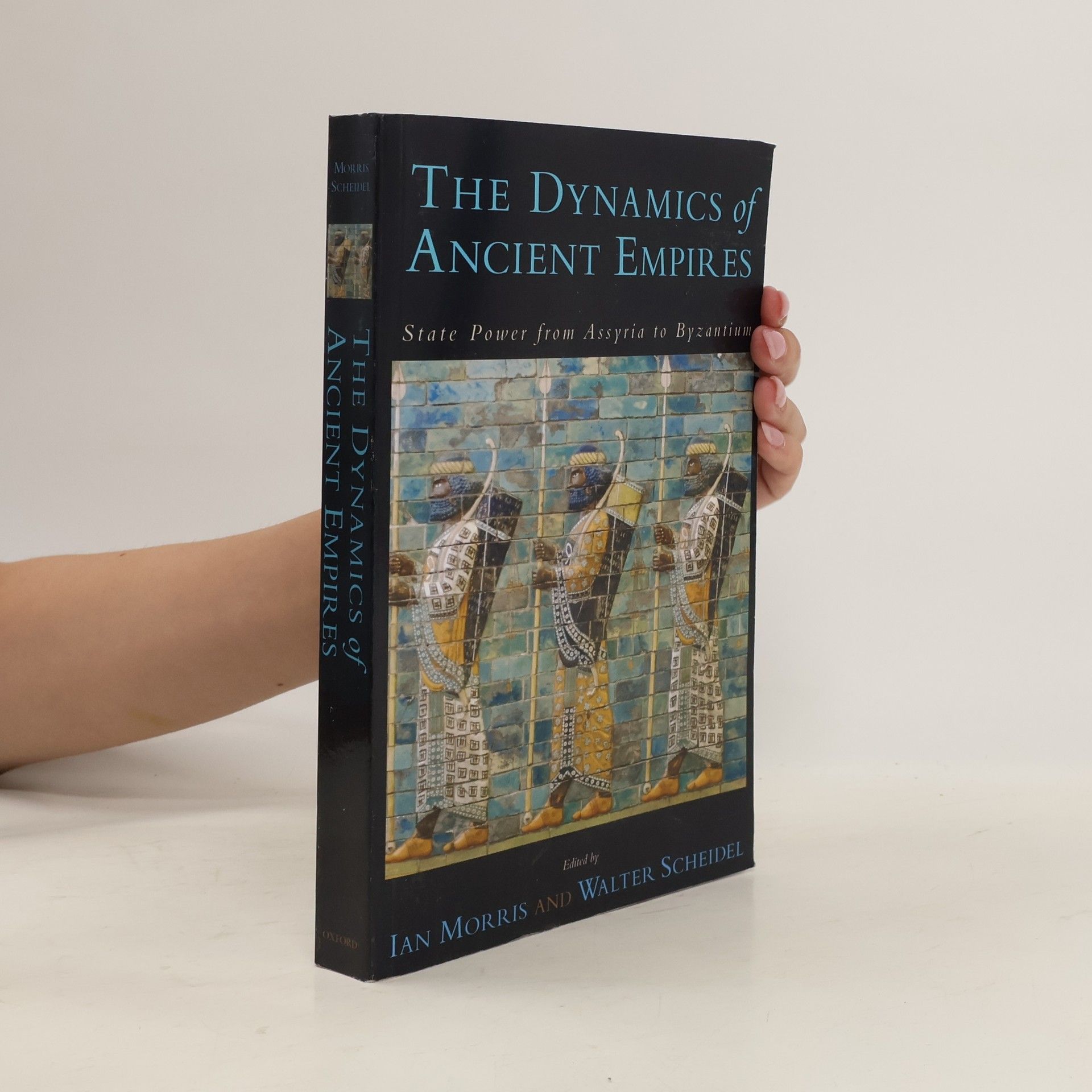Debating Roman demography
- 242bladzijden
- 9 uur lezen
In conjection with an extensive critical survey of recent advances and controversies in Roman demography, the four case-studies in this volume illustrate a variety of different approaches to the study of ancient population history. The contributions address a number of crucial issues in Roman demography from the evolution of the academic field to seasonal patterns of fertility, the number of Roman citizens, population pressure in the early Roman empire, and the end of classical urbanism in late antiquity. This is the first collaborative volume of its kind. It is designed to introduce ancient historians and classicists to demographic, comparative and interdisciplinary perspectives, and to situate and contextualize Roman population studies in the wider ambit of historical demography.





